Standard-endmills
Our Standard End Mills are designed for machining alloy steel, carbon steel, and cast iron with a hardness below 45HRC.
Our Standard End Mills provide exceptional performance and reliability, allowing for precise and efficient machining of alloy steel, carbon steel, and cast iron materials. They are meticulously engineered to enhance tool life, reduce chatter, and improve chip evacuation, resulting in high-quality finishes and increased productivity in various machining applications.
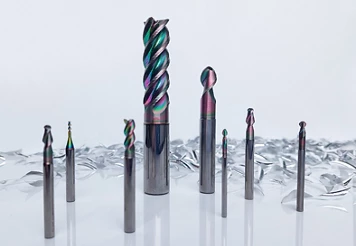
Application Scenarios
Machining
Machining
Aircraft engines
Car engines
Process Flow
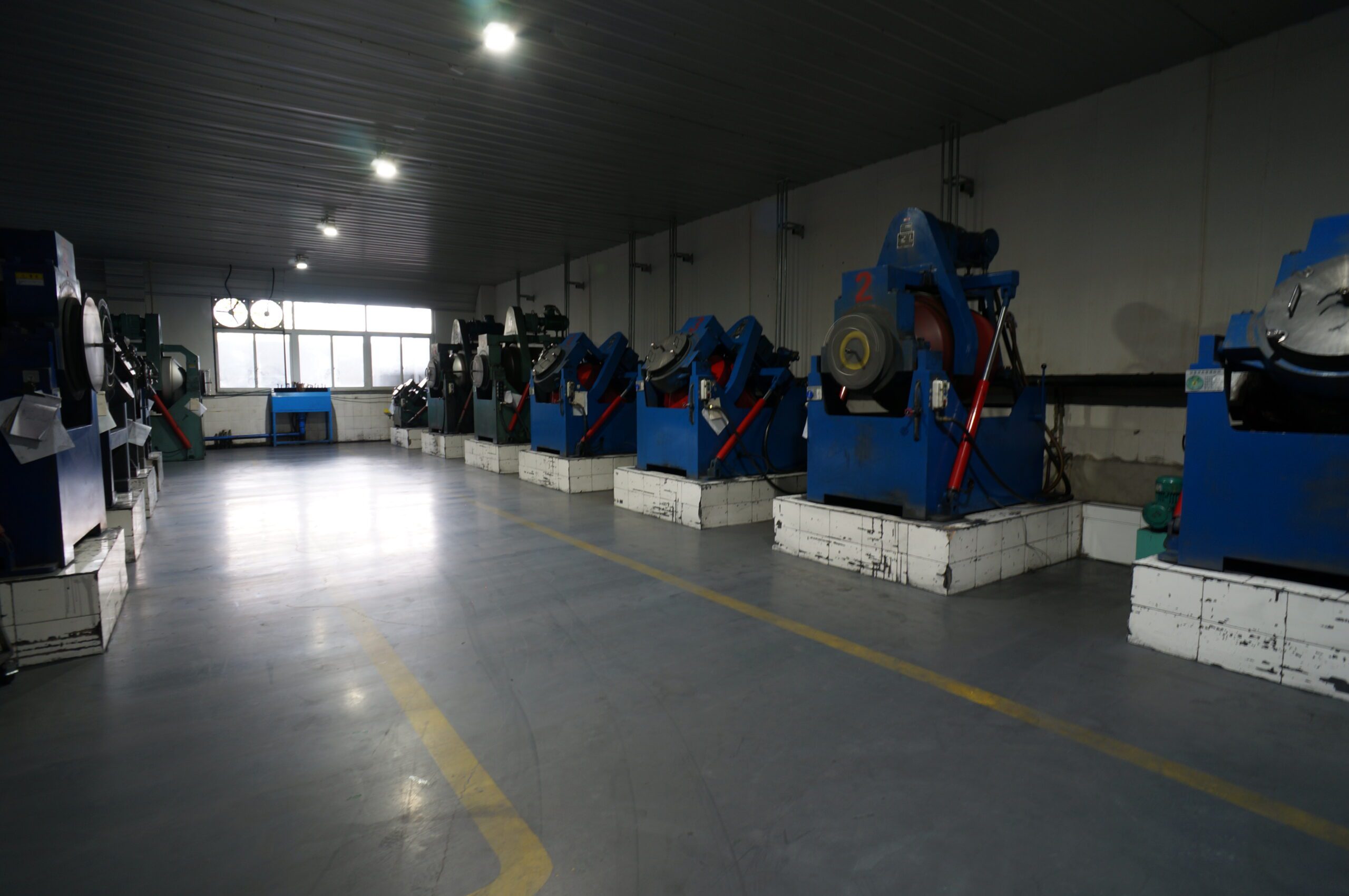
Spray Drying process
After unloading, spray drying and solid-liquid separation are carried out to make a paraffin mixture with specific composition and particle size requirements,to prepare for the following pressing and vacuum sintering.

HIP sintering
Our company is equipped with 10mpa, 6mpa and various other low-pressure sintering furnaces.
Our sintered products are obtained through four continuous processes:
1. low-temperature dewaxing
2. high-vacuum and high-temperature sintering
3. cooling
4. unloading.
The entire process has a complete numerical display to facilitate the process control machine to observe problems.
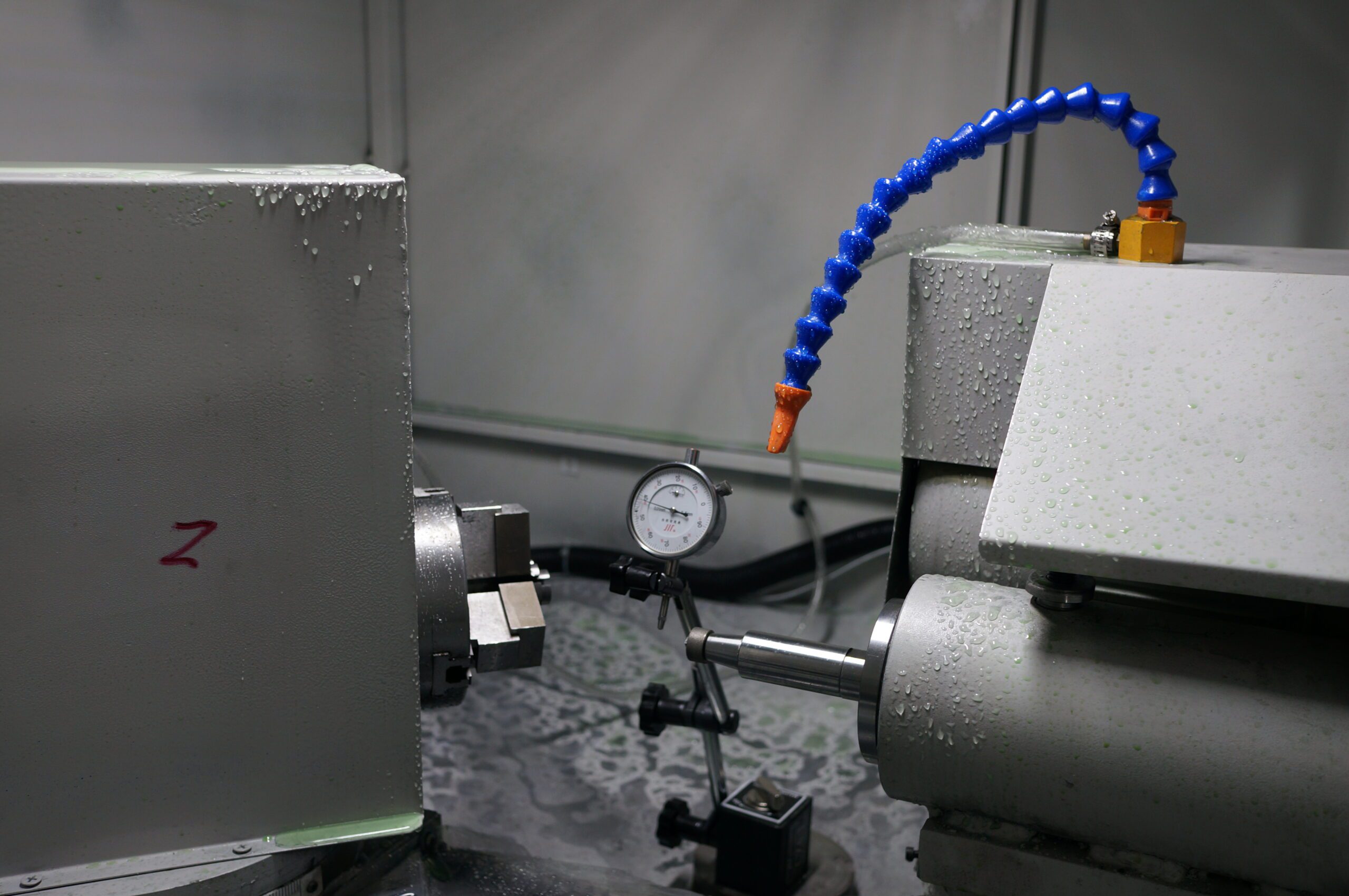
Testing
In order to meet a higher expectations of our customers, in addition to the conventional physical performance testing equipment, we are also equipped with Alicona 3D profile measuring instrument, which can achieve measurements of complex surfaces of high-precision parts.
In the measurement process, high-speed, high-precision, high-repeatability, and large-area integrated measurement can be realized at the same time.
Ball Milling Process
Our company’s tungsten carbide and cobalt powders are all selected from the best raw material manufacturers. During the process, different proportions of raw materials and paraffin forming agent are added into the ball mill at the same time with alloy balls. Under the impact and grinding action between the raw materials and the alloy balls, the raw materials of each component are refined and evenly distributed with the addition of alcohol grinding medium.
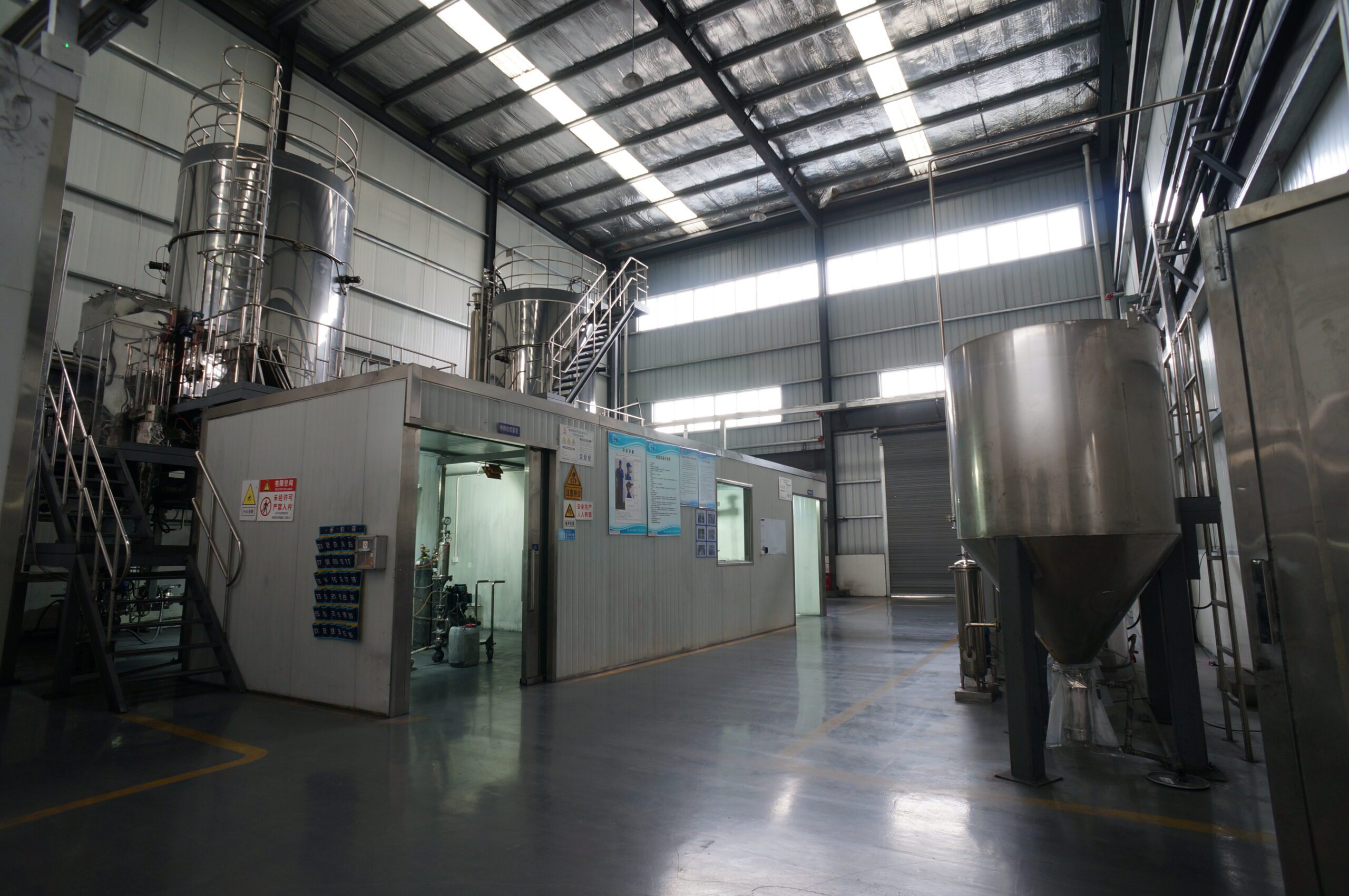
Pressing
The prepared paraffin mixture is determined as qualified mixture based on inspections from our testing center. Load the mixture into the molding cavity, under the pressure of the punch, the pressure is transferred to the powder in the cavity, with the impact of the forming agent, the final mixture is compacted into a blank with a certain shape, size, density, strength and no defects.
In order to obtain high-precision blanks, our company has two-way presses, Oswalder presses and dry bag presses.
Throughout the production process, we will conduct the first inspection, process inspection, and final inspection of the product during the production process. The testing center will conduct the first inspection, process inspection, and final inspection of the blanks to monitor the entire production process.
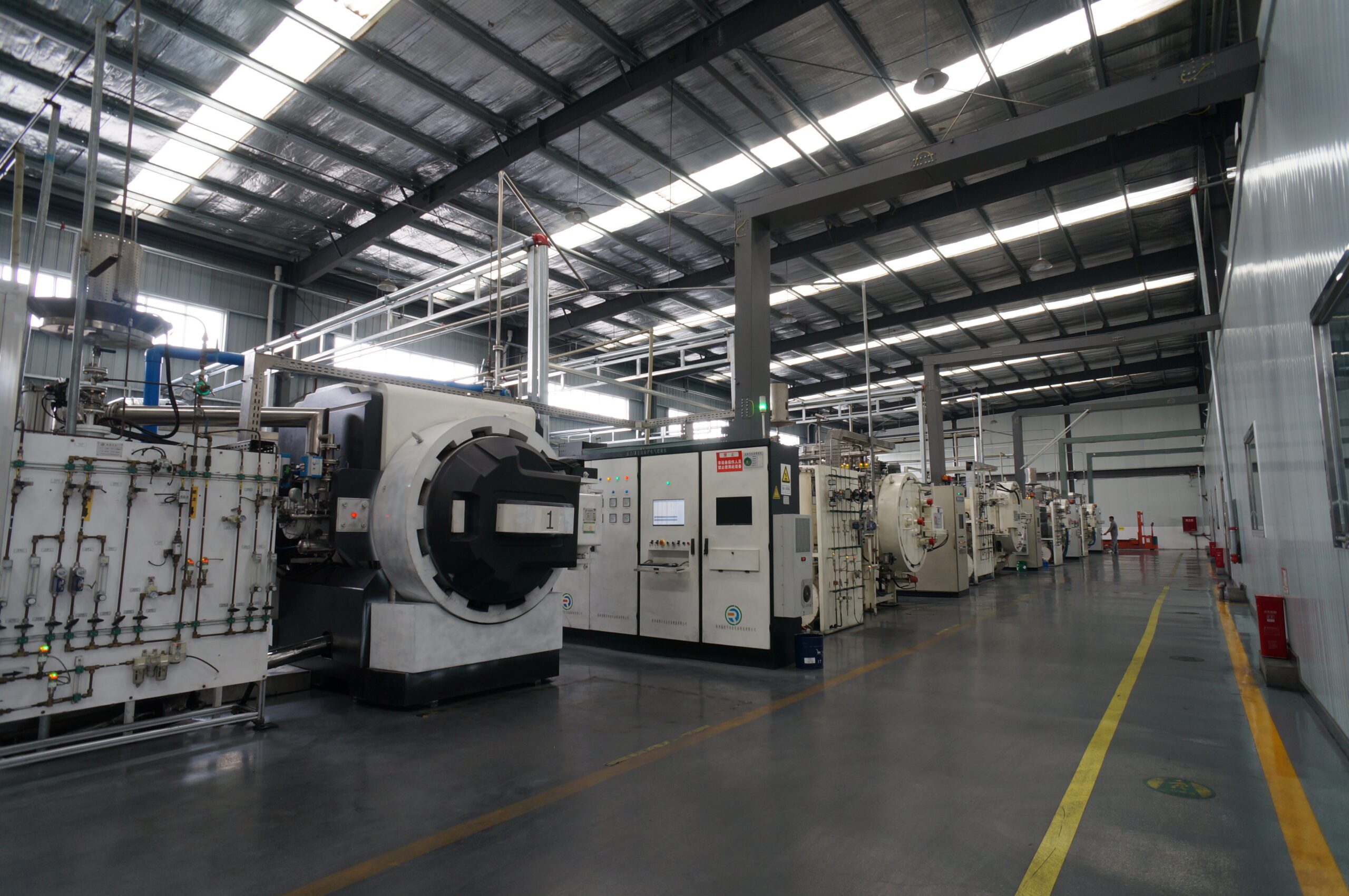
Grinding
Our company uses a large number of CNC machines. The grinding process ensures product consistency and can achieve one operator can operate multiple grinders because it is fully automatic, which reduces the requirements for personnel and saves energy consumption at the same time. During the processing, the operators are required to proceed initial-inspection, operator-inspection, and process inspection of all products. The testing center will review the self-inspection, and also have auditor-inspections, patrol inspections (routing inspection, procedure), process inspections and full inspections of the final product.
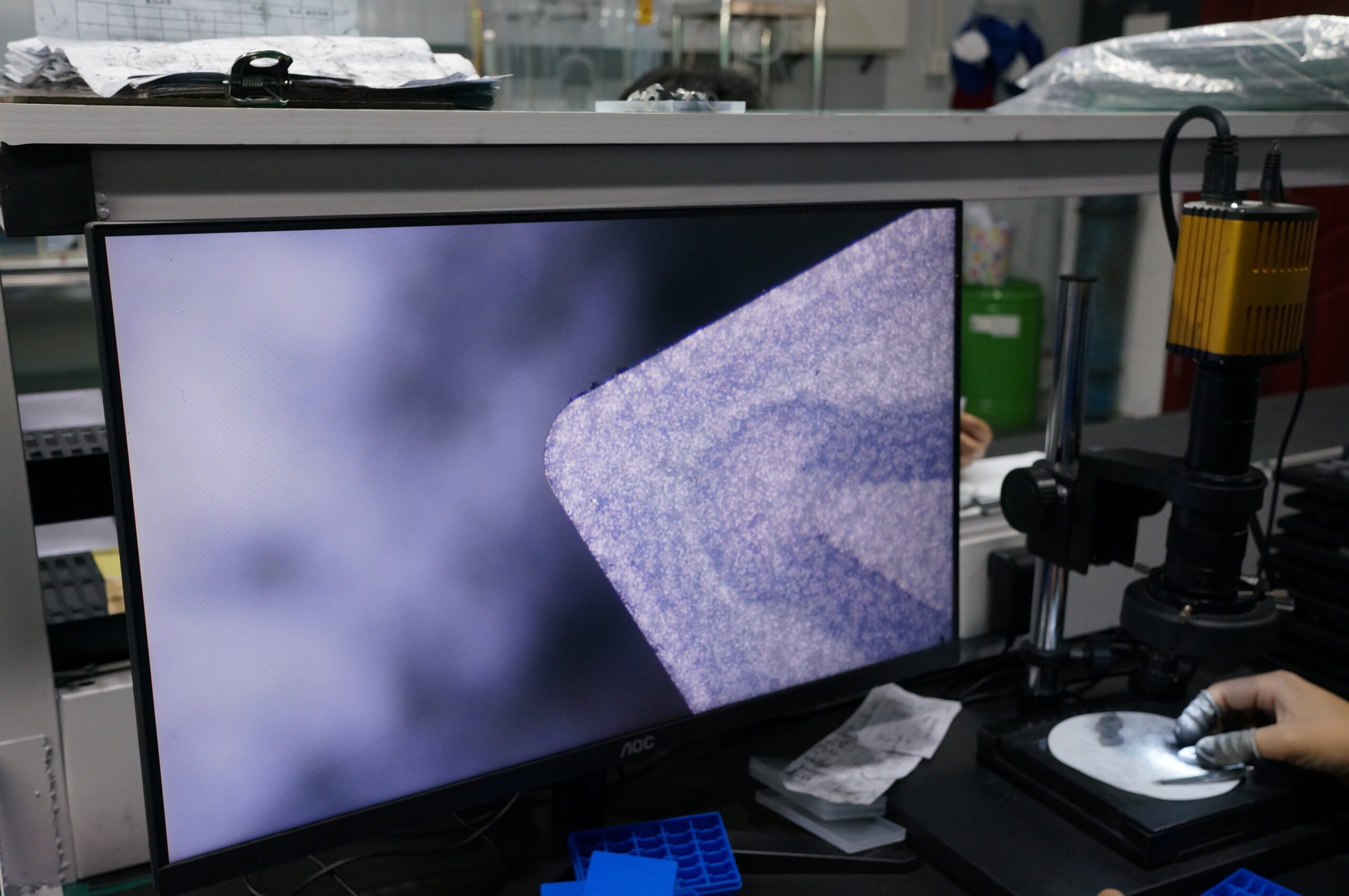
F.A.Q.
Heavy Crater Wear
- Reduce cutting speed
- Use a more wear-resistont grade
Heavy Flank Wear
- Increase feed per tooth
- Reduce cutting speed
- Use a coated endmill grade
- Use a more wear-resistant grade
Edge Build-up
- Increase cuting speed
- Improve cooling
Chip Packing
- Use an endmill with larger flute spaces
- Reduce the number of teeth
- Reduce depth of cut
Vibrations (Chatter)
- Check workpiece clamping and machine stabiliy
- Select a different cutting geometry
- Use precision hydraulic or heat shrink holders
- Use climb (down) milling technique
Thermal Cracks
- Decrease feed per tooth
- Increase cutting speed
Chipping
- Check rigidity of machine. workpiece and workpiece clamping
- Reduce feed per tooth
- Use a shorter endmill and toolholder
- Use climb (down) milling technique
- Use precision hydraulic or heat shrink holders
- Check the principal axis movings
Tool Breakage
- Increase culting speed
- Reduce feed rate
- Reduce depth of cut
- Use precision hydraulic or heat shrink holders
- Use a shorter endmill and toolholder
- Improve chip evacuation
Poor Component Surface Finish
- Reduce feed per tooth
- Check workpiece clamping and machine stability
- Increase cutting speed
- Use an endmill with more teeth
- Select a different cuitting geometry with a larger helix angle

